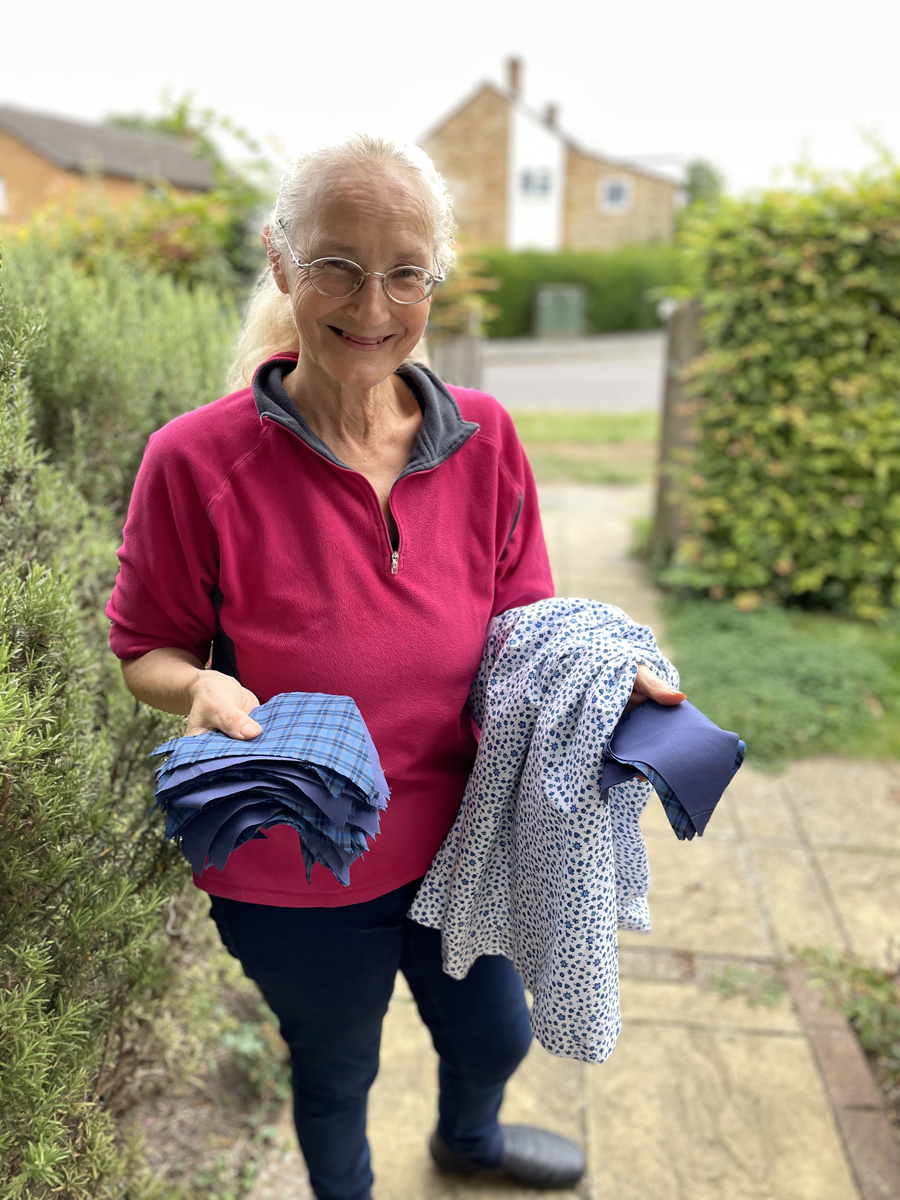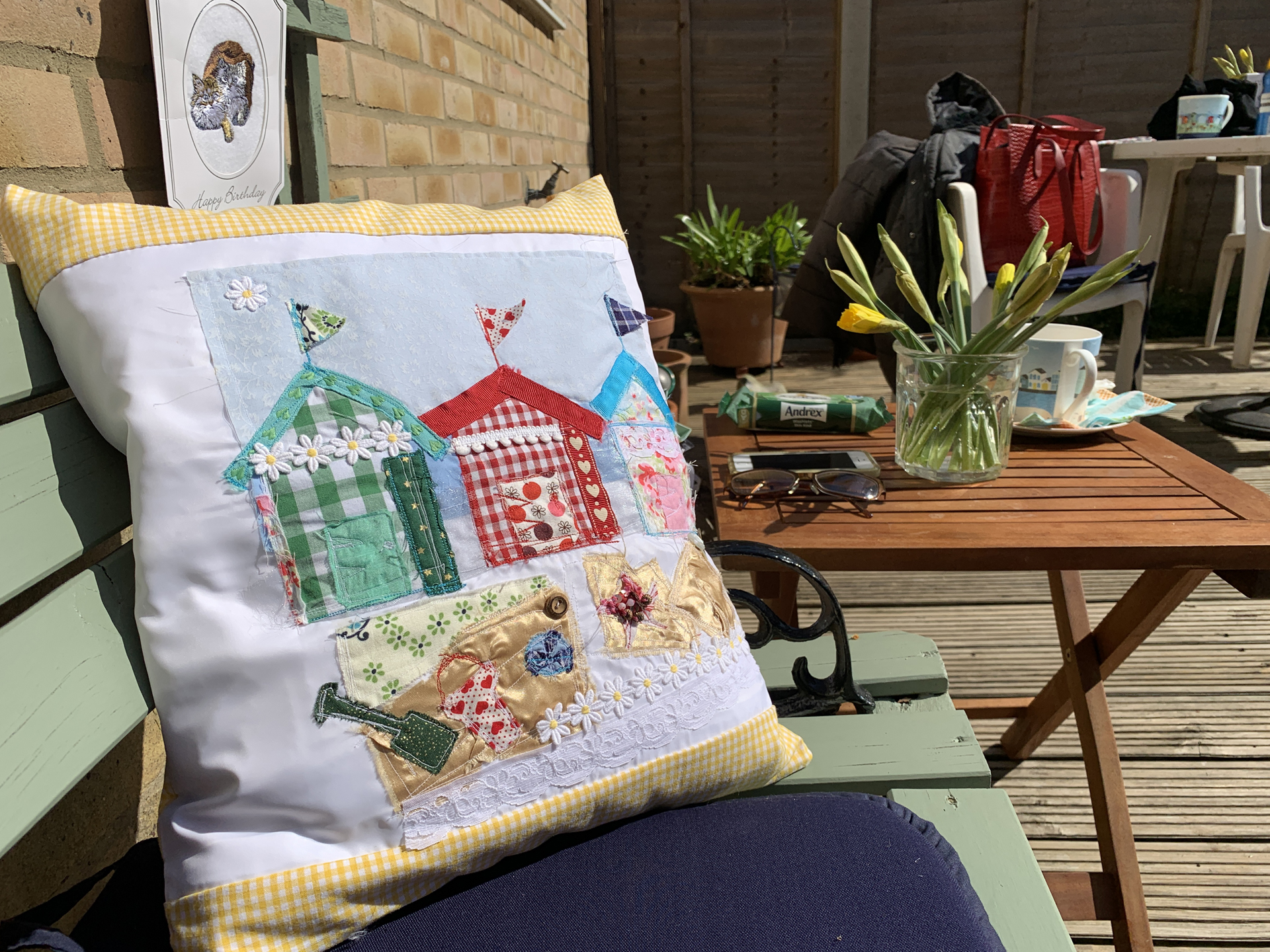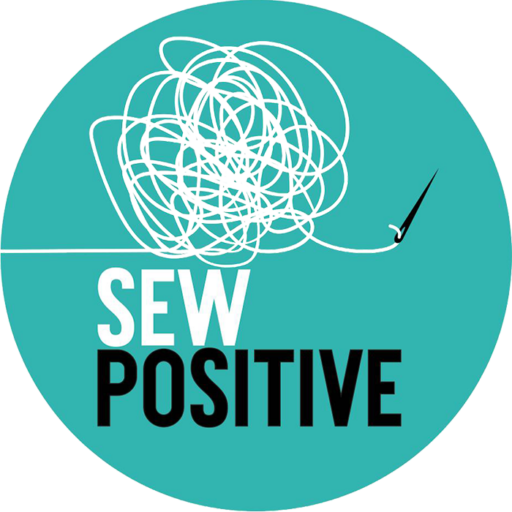People
It’s a fact that the pandemic had a huge effect on health and wellbeing. According to research by UK charity Mind, a third of adults and young people have said that it affected their mental health.
Lockdowns led to increased social isolation and in many cases severe loneliness which, according to research by the Happiness Research Unit, is twice as bad for wellbeing as unemployment.
Age UK, in this study, has found that loneliness can be as harmful to health as smoking 15 cigarettes a day. It can also increase mortality by 26% and put individuals at greater risk of developing dementia.
Our work and other research has shown how sewing and creativity can be used as an intervention for mental health and related issues, along with volunteering to support improved wellbeing and connected communities.
We are developing a new ‘Social Prescription’ programme for people with chronic mental or physical ill health, which teaches basic mending and upcycling. It also provides ‘Sewcialise’ sessions to bring participants together, on prescription from a GP.


Sustainability & Textile Waste
In addition to the effect on mental health, social isolation and loneliness, communities have become more conscious of the need to make more sustainable textile choices and the impact of textile waste.
Clothing has the fourth-largest impact on the environment after housing, transport and food, according to Oxfam. Love Your Clothes, a campaign created by the Waste and Resources Action Programme (WRAP), cites that an estimated 336,000 tonnes of used clothing (or almost £140 million worth of clothes) are thrown away in the UK each year. Most of these clothes are then sent to landfill or burnt, releasing toxic fumes from the chemicals used during the manufacturing process.
Figures from the Marine Conservation Society on sanitary-ware waste reveal that 4.8 pieces of menstrual waste on average are found per 100m of beach in the UK. Most menstrual pads are made from 90% plastic.
Sew Positive's stand on textile waste
Textile waste is an issue for us all. Most charity shop clothing is incinerated or ends up in landfill, and the textile industry is the second largest contributor to global carbon emissions. So what’s the answer when it comes to textile waste and moving towards a circular economy?
Textile waste solutions for us all:
* Mend, repair and repurpose. Ideally learn to do it yourself or find a local Repair Cafe.
* Love what you wear for longer – alter, embroider, embellish, make it unique
* Upcycle, swap and reuse textiles rather than moving the problem by donating to charity shops
* Clothes swaps are great but only if you take ‘unswapped’ clothes home!
* Remember some retailers are creating 10,000 new website clothing products PER DAY!
Think about where it eventually ends up.
Please consider these points before offering to donate fabric or equipment to Sew Positive.
